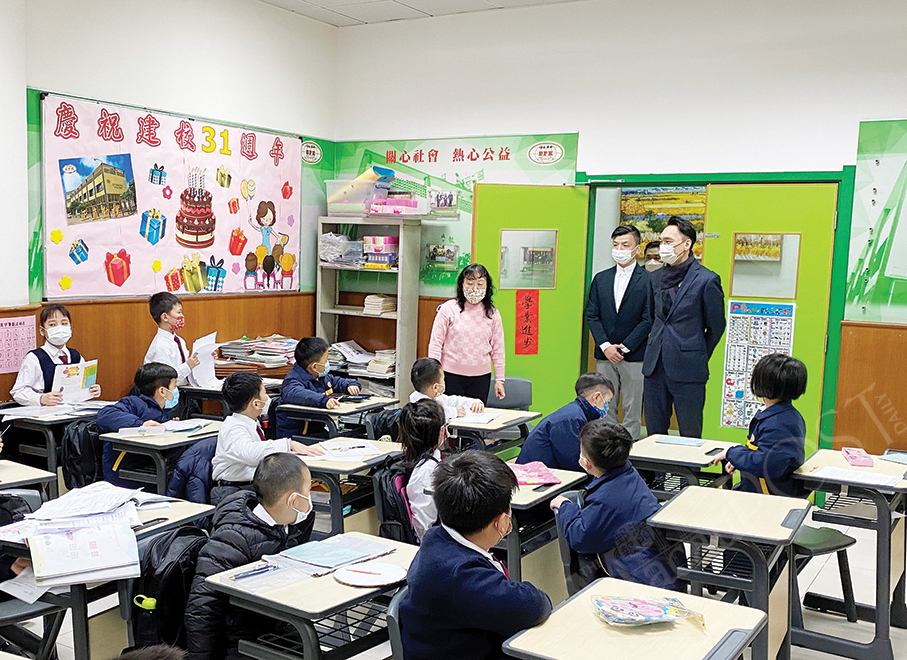China Daily Editorial
In an interview on the sidelines of the Australian American Leadership Dialogue in Canberra on Sunday, one of the United States’ senior military officials claimed that China’s military was becoming dangerously arrogant.
Lieutenant General Stephen Sklenka, deputy commander of the US “Indo-Pacific” Command, said that the People’s Liberation Army was fueling the risk of military clash with the US by refusing to communicate with US commanders in the “Indo-Pacific”.
It seems that the US’ top brass have a unique understanding of what “dialogue” entails. Dialogue doesn’t mean someone in the US military picking up a phone and making a call to China to issue orders to the Chinese military. In the words of Tan Kefei, spokesperson for the Chinese Ministry of National Defense, dialogue cannot be without principles, while communication cannot be without a bottom line.
Washington lacks sincerity in claiming it is reaching out for communication between the two militaries. Beijing has made it clear that the US should lift the illegal unilateral sanctions it has imposed on Chinese Defense Minister Li Shangfu to create a favorable atmosphere and conditions for dialogue and communication between the two militaries.
In 2018, the then Donald Trump administration sanctioned Li and China’s Equipment Development Department – which he was in charge of at the time – for acquisitions of military aircraft and missile system equipment from Russia.
Given the communication channels between the PLA and the US’ allies are operating smoothly, the US side feels there is no need for direct communication with the Chinese military and that it can exploit China’s principled position to its own advantage.
While claiming to believe in the importance of maintaining open lines of communication with China in order to responsibly manage the relationship, the US side is trying to portray China as acting irresponsibly and dangerously by claiming that it is the Chinese side that is refusing to talk. In this way, it is trying to justify the aggressive deployment of military assets around China’s periphery.
Sklenka made that clear the next day when he said that he saw value in Chairperson of the House of Representatives China Select Committee Mike Gallagher’s idea of positioning US hypersonic missiles in Australia and other key locations across the Pacific.
Even under such circumstances, China has left the door open for dialogue with the US. On July 12, Chinese Ambassador to the US Xie Feng met with US Assistant Secretary of Defense Ely Ratner, and urged the US side to remove the obstacles to bring military-to-military relations back to the right track.
It behooves the US to act responsibly to ensure the communication channels between the two militaries are reopened, if it really thinks, as it claims, communication is essential to reduce the chances of miscalculation and inadvertent escalation, and lowering the risk of a clash.
– Courtesy of China Daily








